An analysis of the sprawling financial networks abroad Lebanese politicians and bankers created while steering their country toward disaster


An analysis of the sprawling financial networks abroad Lebanese politicians and bankers created while steering their country toward disaster


How the rivalry for LibanPost could decide the country’s financial future

How the rivalry for LibanPost could decide the country’s financial future

The crisis-ridden ownership of energy in Lebanon has created an energy divide of haves and have-nots and a system reliant on imports


A roadmap for state-owned enterprises reform in Lebanon, emphasizing transparency, good governance, and rejecting the controversial ‘Sovereign Fund’ to steer towards economic stability.
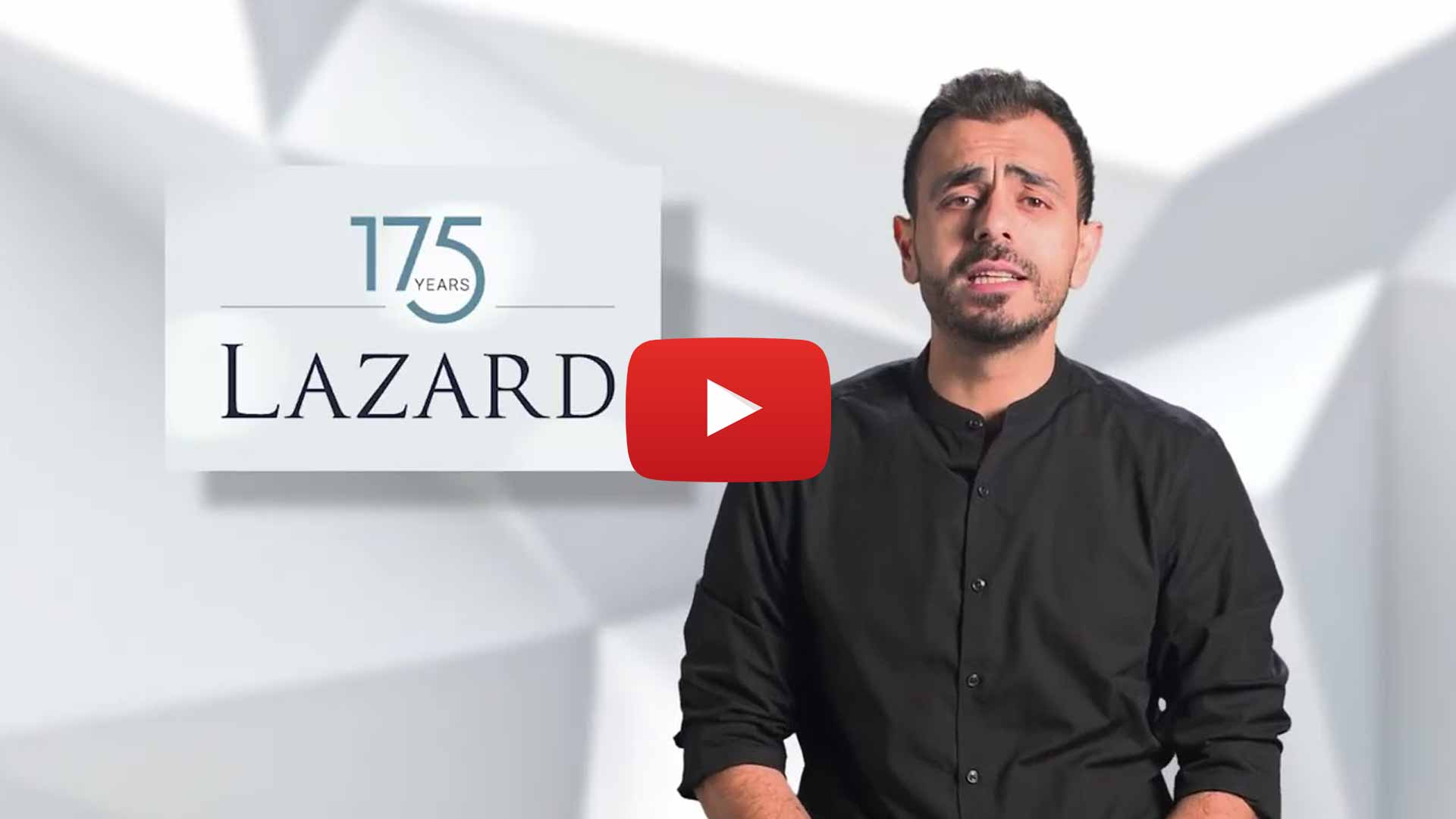

The Progressive Deposit Recovery Plan offers a lifeline for Lebanese depositors, aiming to recover and restore funds once deemed lost in the country’s financial turmoil.
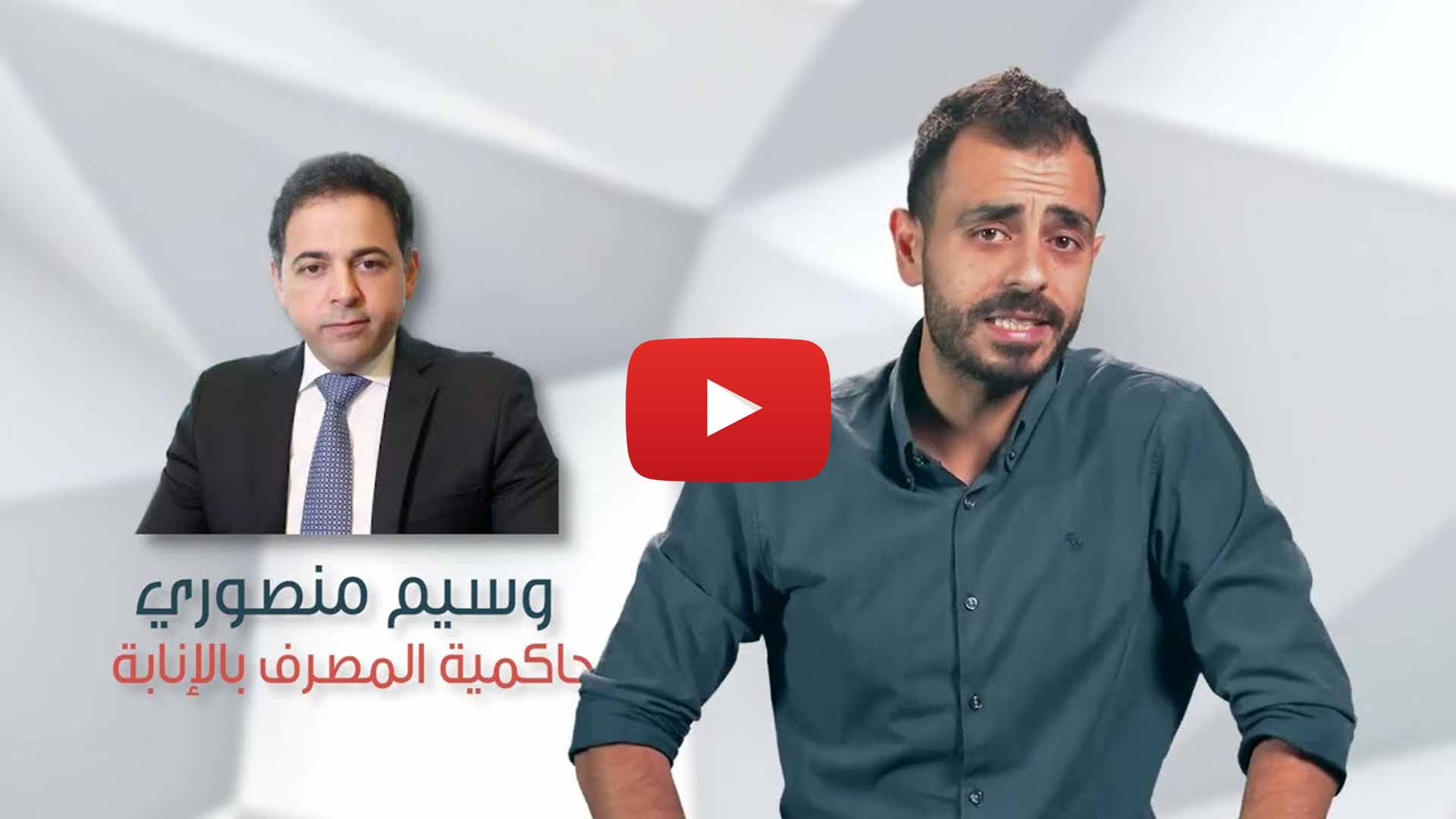
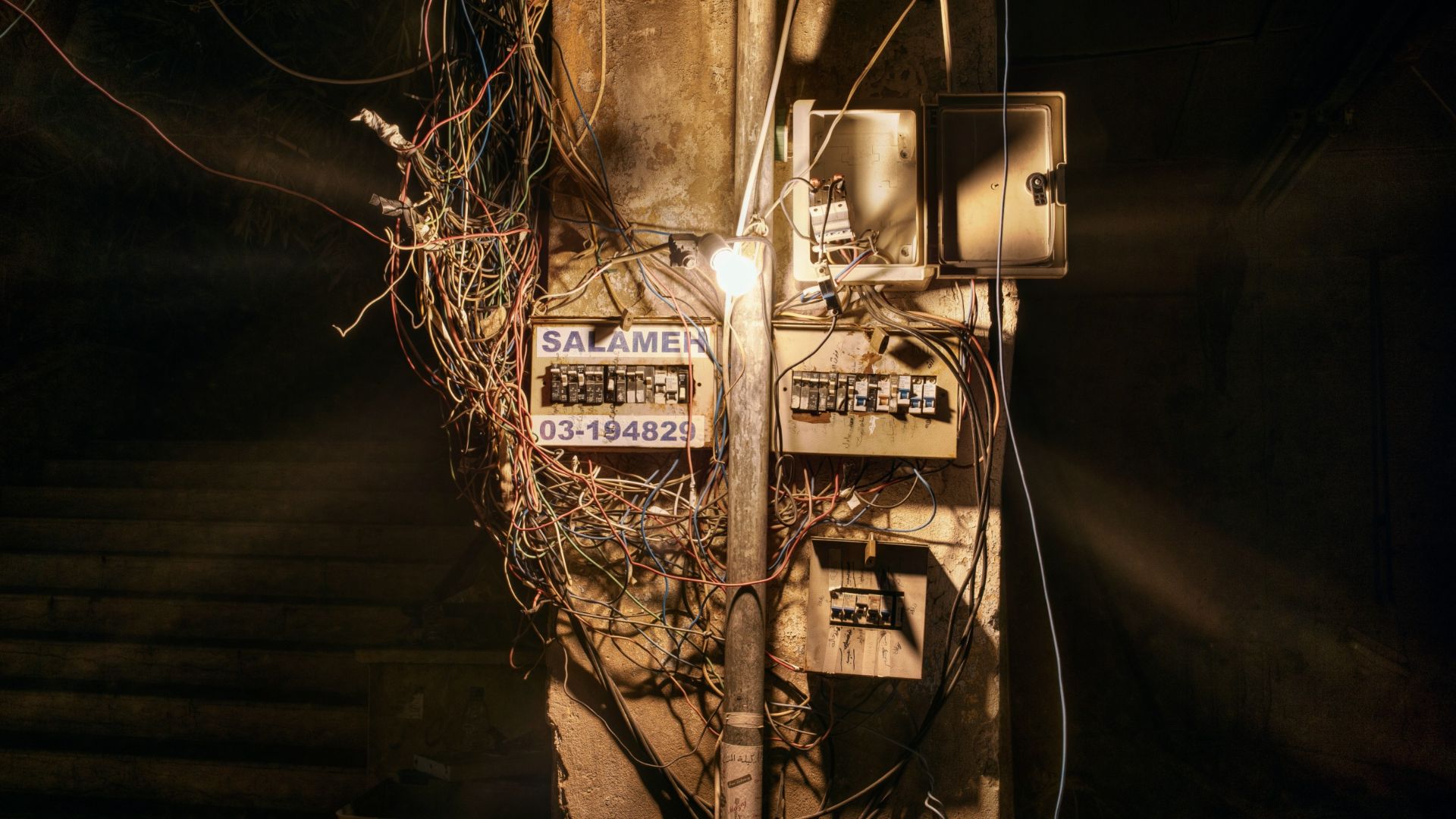
Electricity crisis set to worsen as caretaker energy minister stifles long awaited reforms.
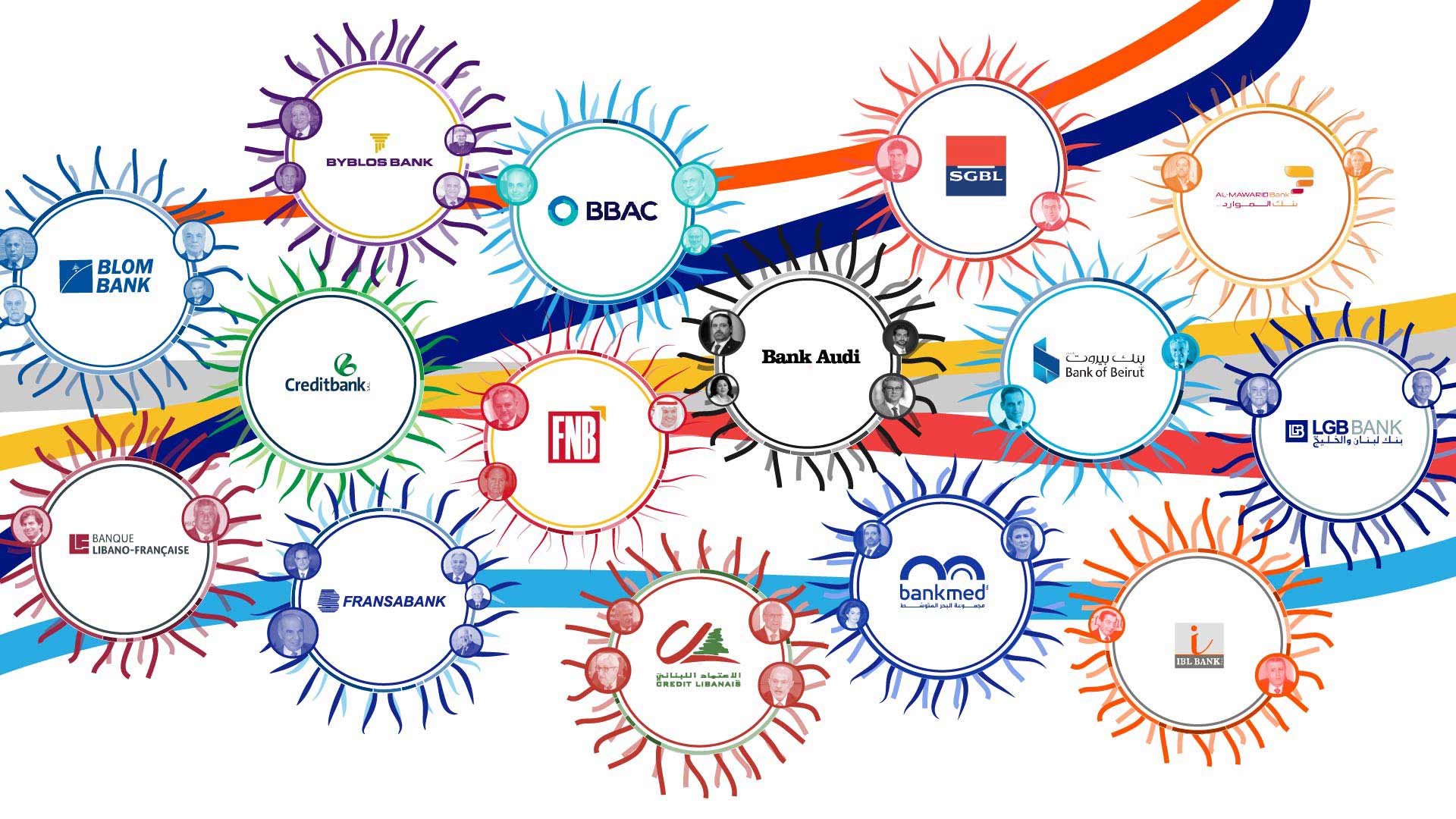
An editorial investigation into how the vested financial interests of Lebanese bankers and politicians are one and the same.
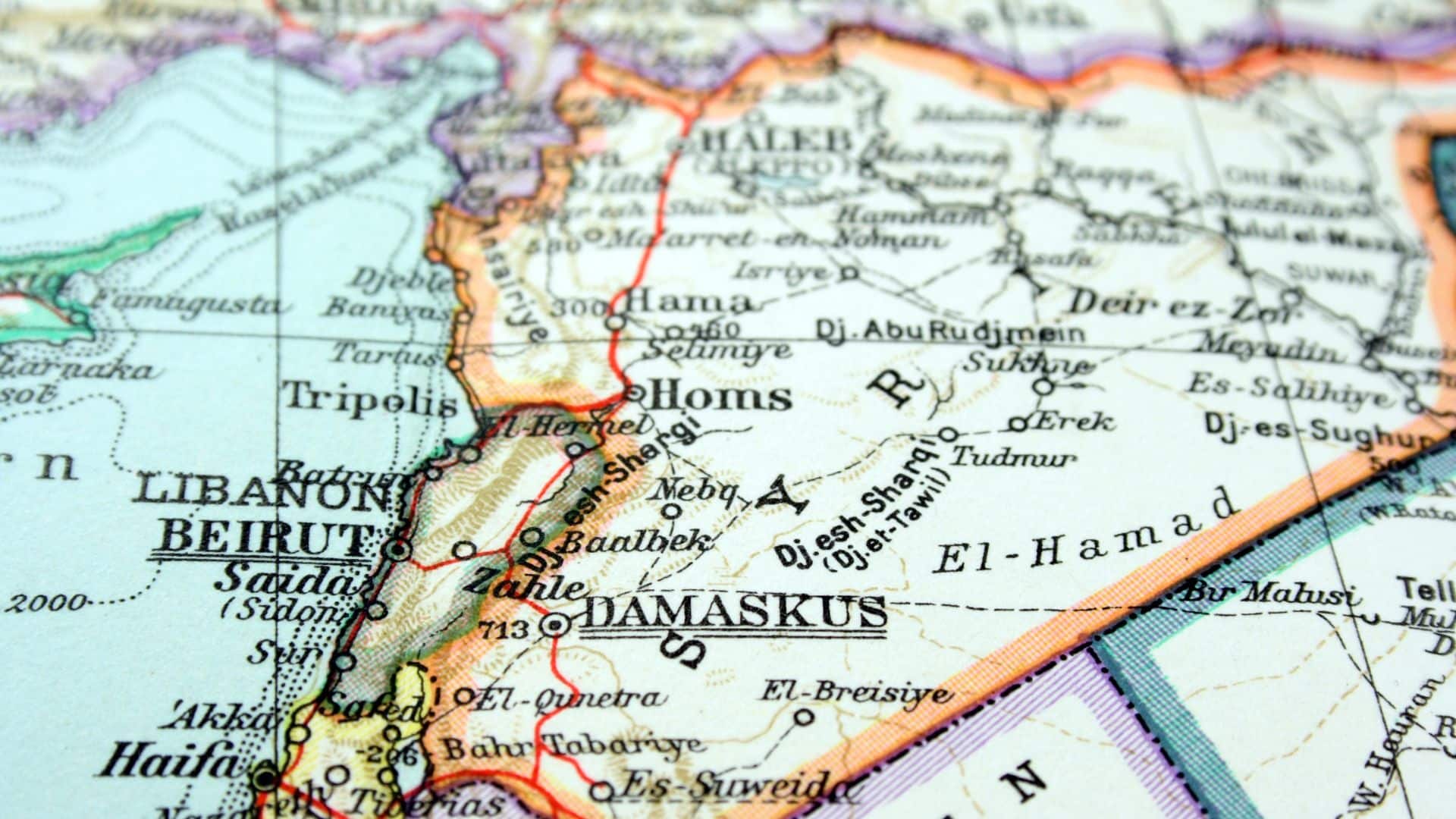
Why illegal cross-border commerce is so hard to stop.
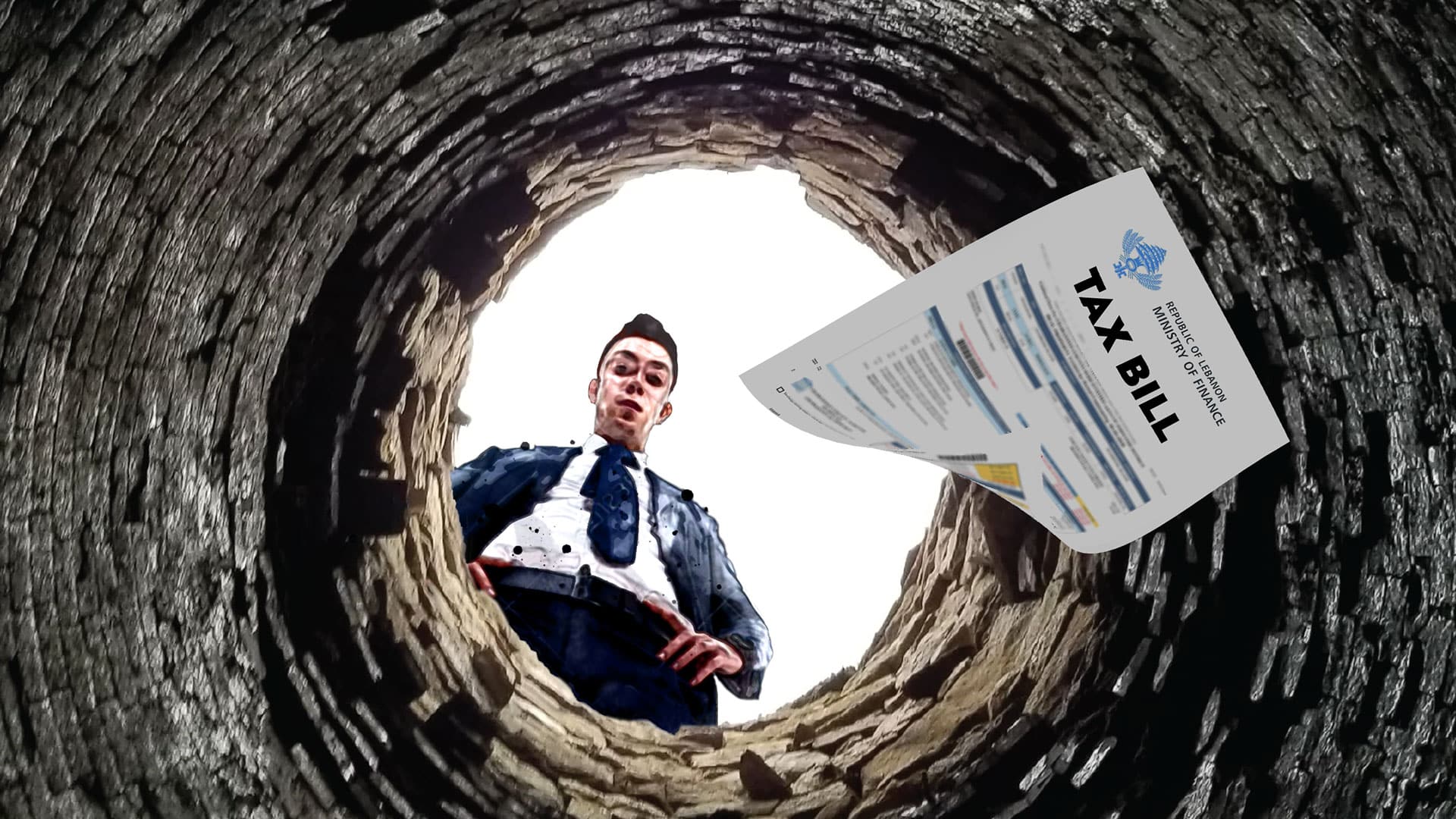
The government’s inequitable revenue structures can no longer afford to keep burdening the poor while giving a free pass to those with the means to pay their share of taxes.
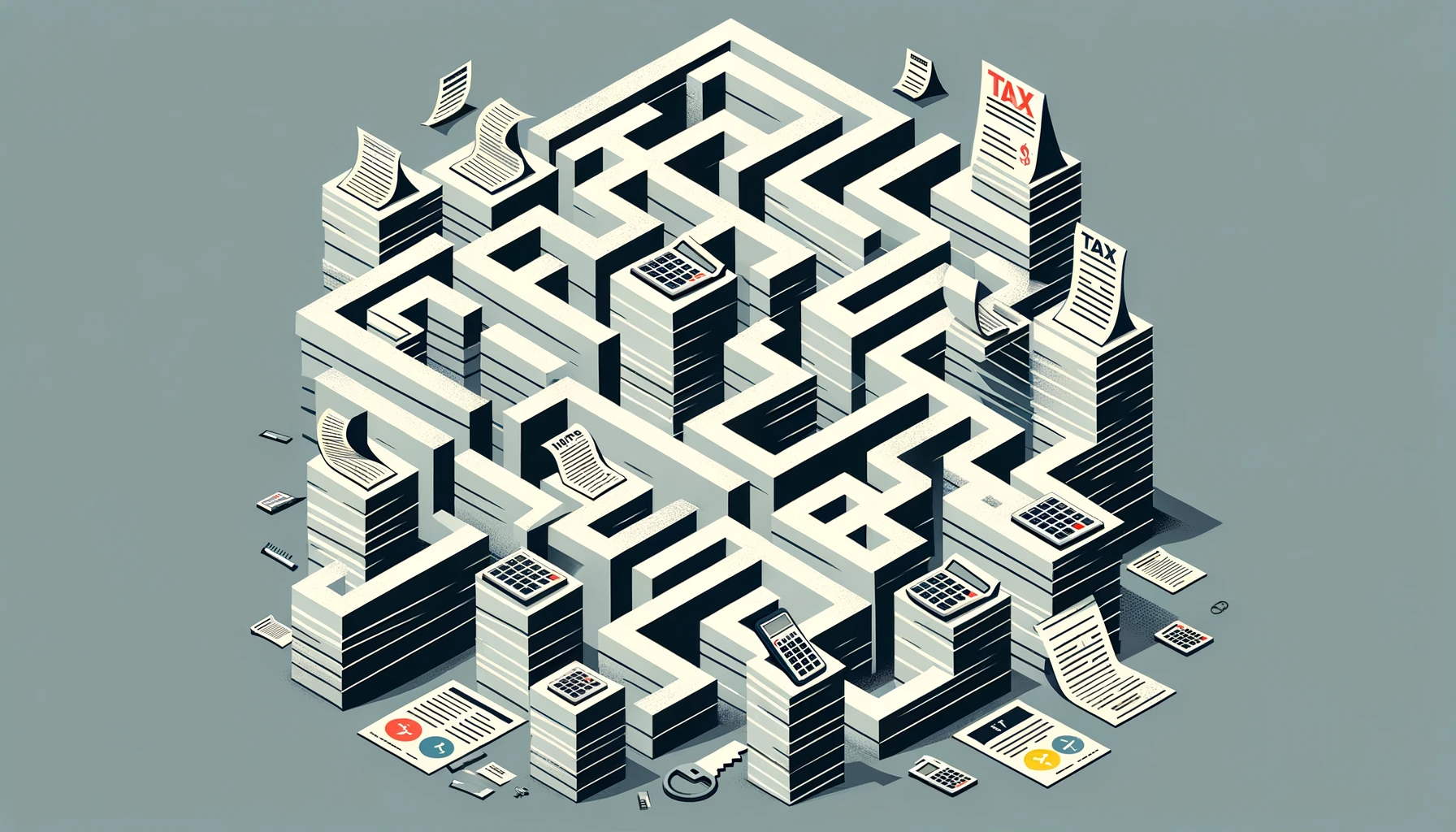
Lebanon’s 2022 budget’s has a preference for regressive taxation, potentially shielding the wealthy while financially straining ordinary citizens.

Addressing Lebanon’s banking turmoil through lirafication debates, accountability for large deposits, clawbacks, bankruptcy laws, and potential conflicts of interest in governance.

Analyzing Lebanon’s 2022 Financial Recovery Plan, from its ambitious promises to critical flaws in depositor compensation, fund structure, wealth legitimacy checks, and the glaring lack of accountability.
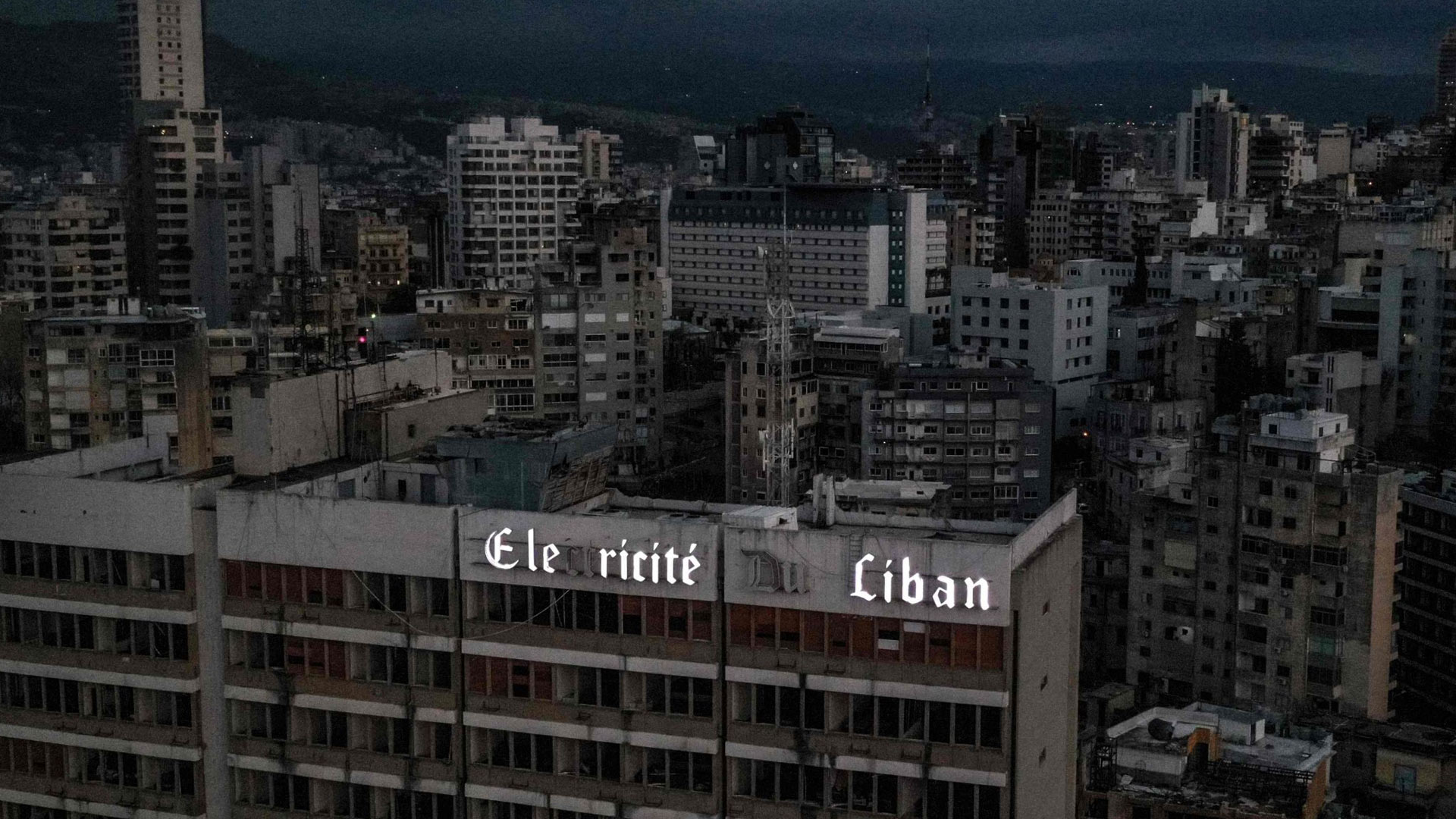
Infrastructure, political, and legal barriers to reforming Lebanon’s broken electricity sector.
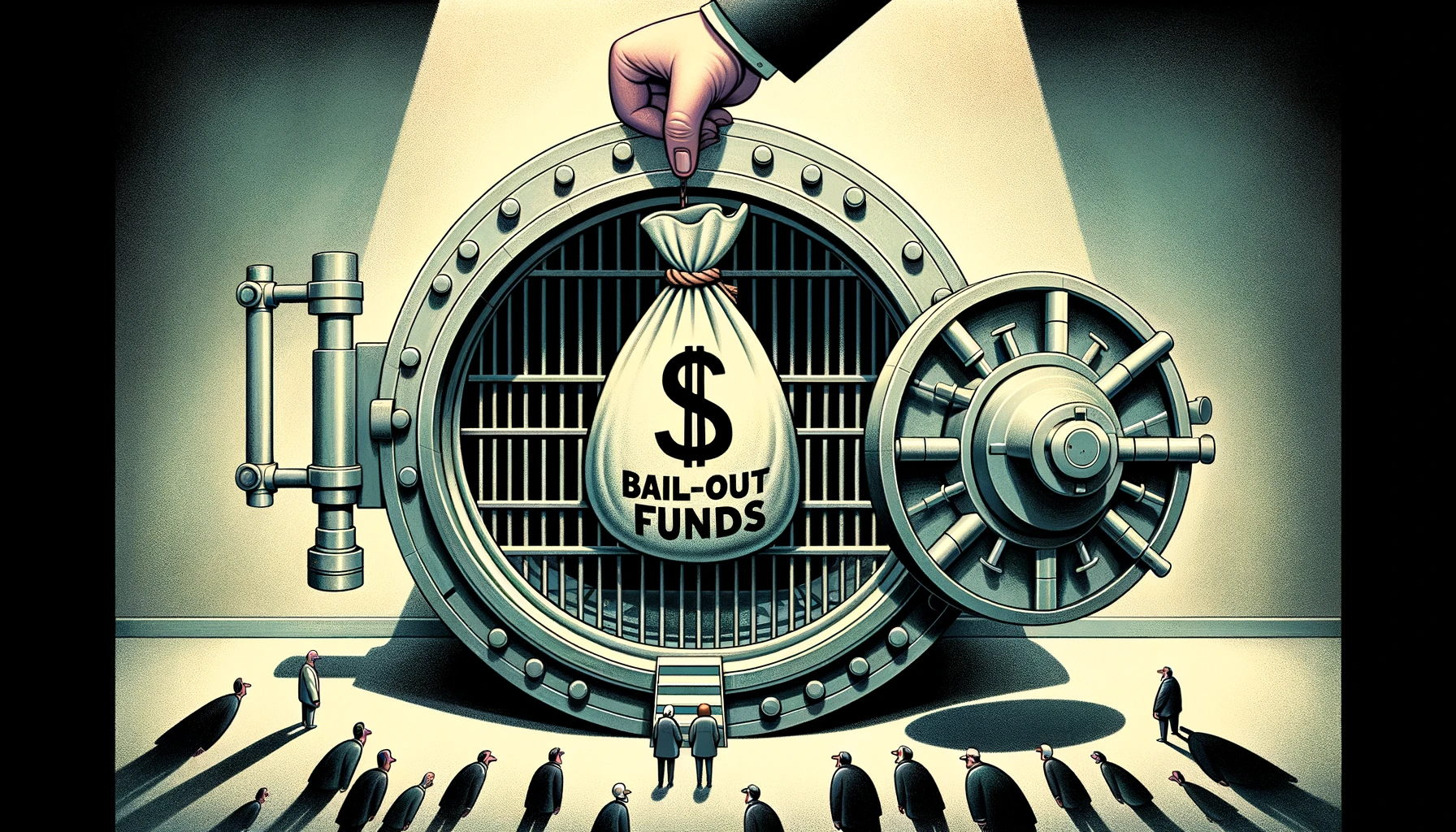
Lebanon must transition from a depositor-funded bail-out to a just bail-in, holding those responsible for the financial crisis accountable and ensuring fair loss distribution through international standards and local laws.
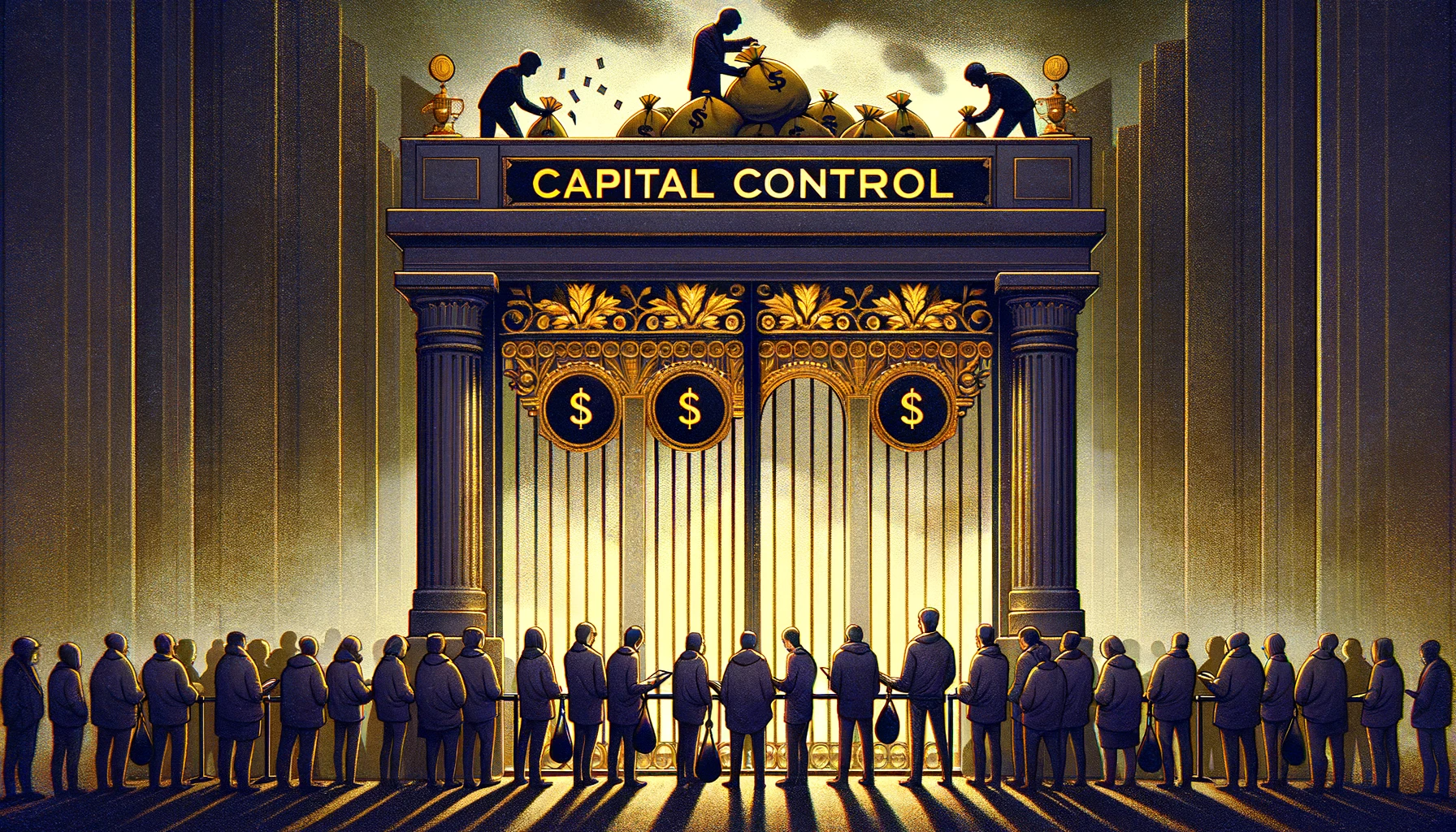
Lebanon’s capital control proposal risks entrenching financial corruption by granting banks undue amnesty and empowering a politically biased committee.
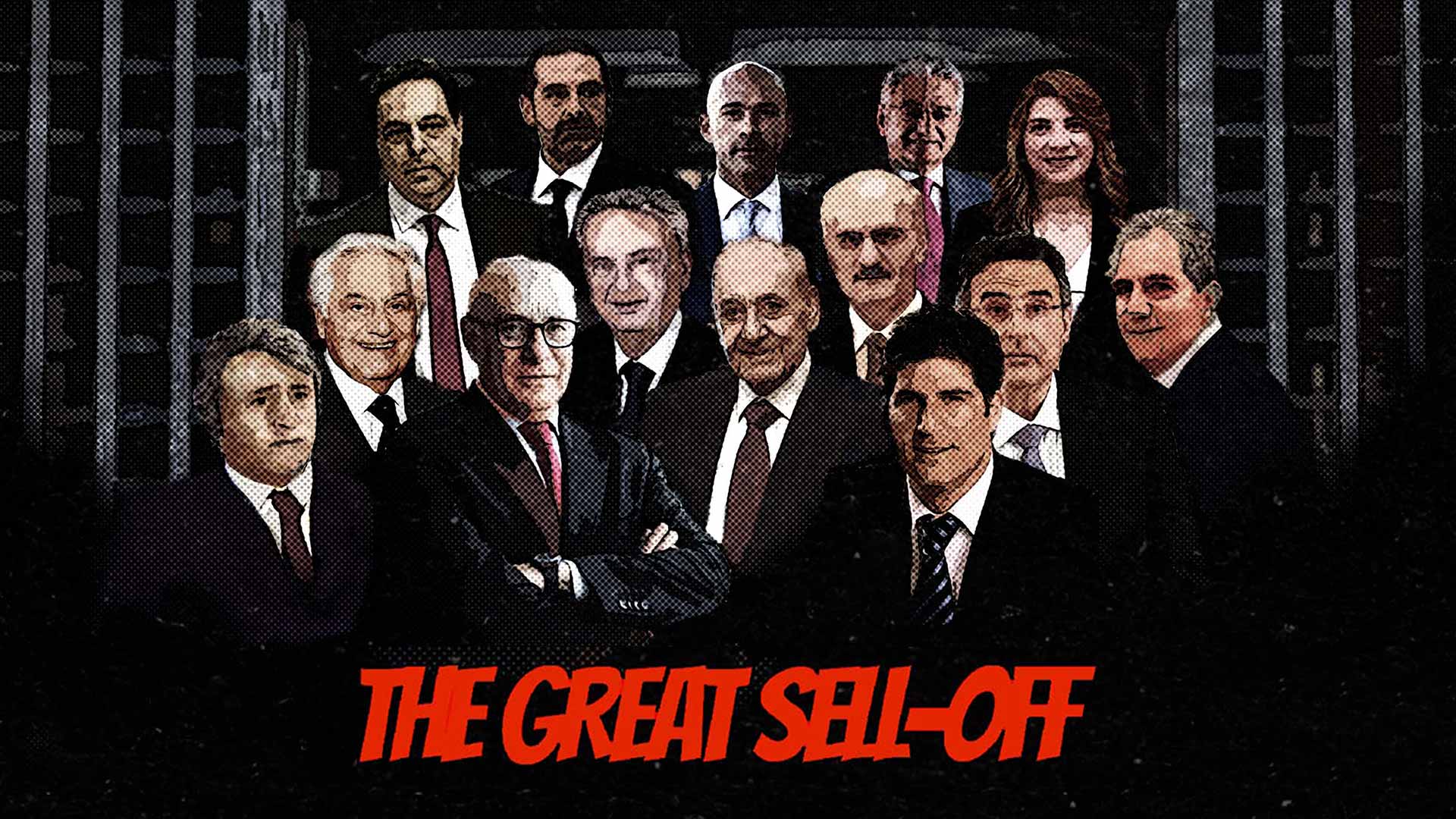
An investigation by Badil reveals previously unknown details of Lebanon’s Eurobond default and how the banking sector manipulated it to facilitate billions of dollars in foreign transfers.

The ten-year contract to operate the Beirut Port’s container terminal looks to be just the beginning of collective erasure and return to the status quo.
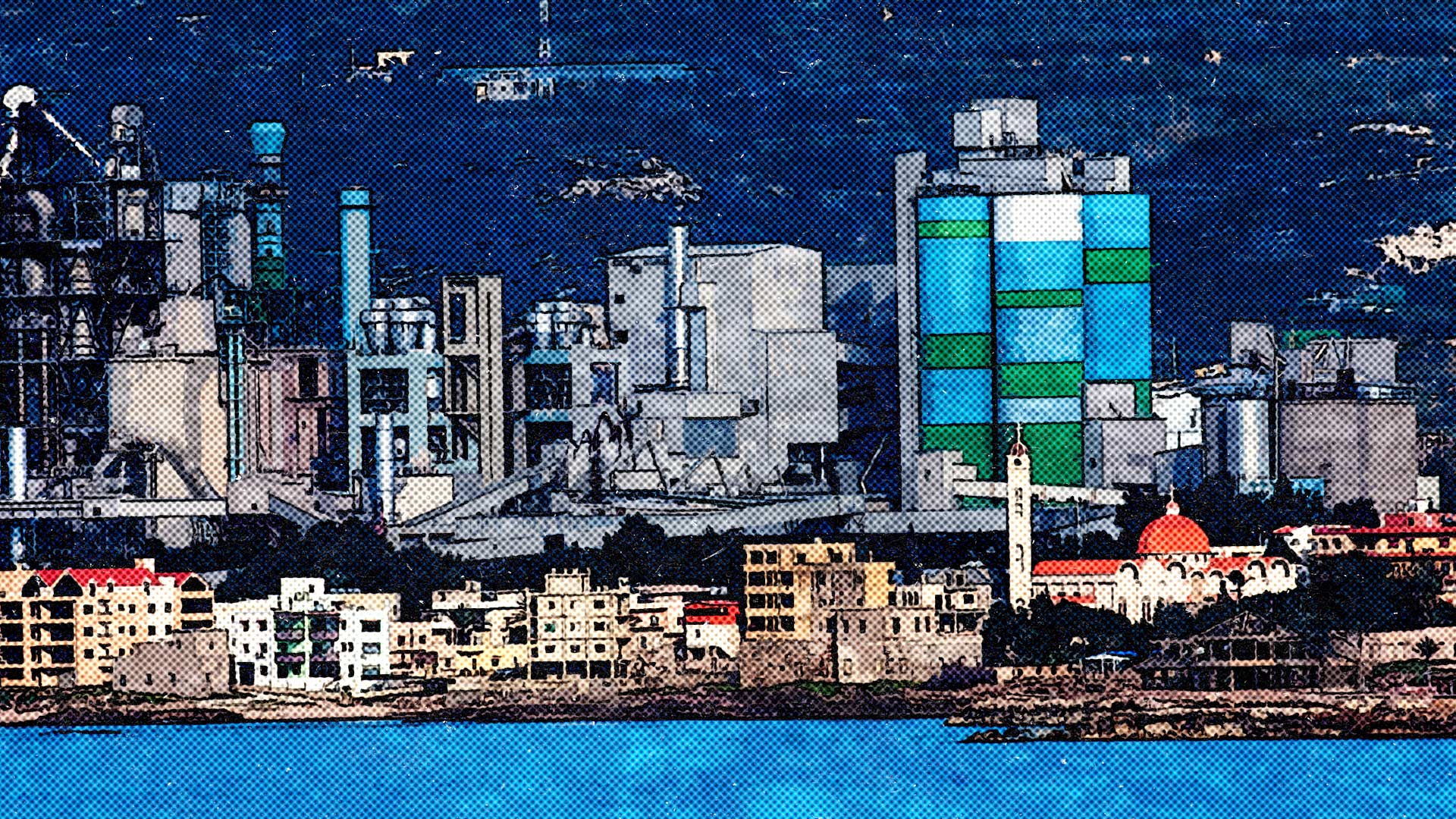
The law, which civil society groups and the international community have demanded for decades, purports to liberate Lebanon’s private sector from control by politically connected cartels.

Eliminating national oil dependence will clear out conflicts of interest.

Exploring financial crimes in Lebanon, depositors’ pursuit of justice, the BDS campaign against banking elites, and the challenges of money recovery.

How a clandestine plan is forcing the Lebanese people to pay for a banking crisis created by elites.

Holding those in power to account will be no simple task, given Lebanon’s notorious culture of impunity in the construction sector.

For decades, Lebanon’s economy has overwhelmingly served the interests of certain economic actors, who preside over widespread monopolies and oligopolies.

How Lebanon’s politicians and banks constructed a regulated ponzi scheme that ran the country’s economy into the ground.